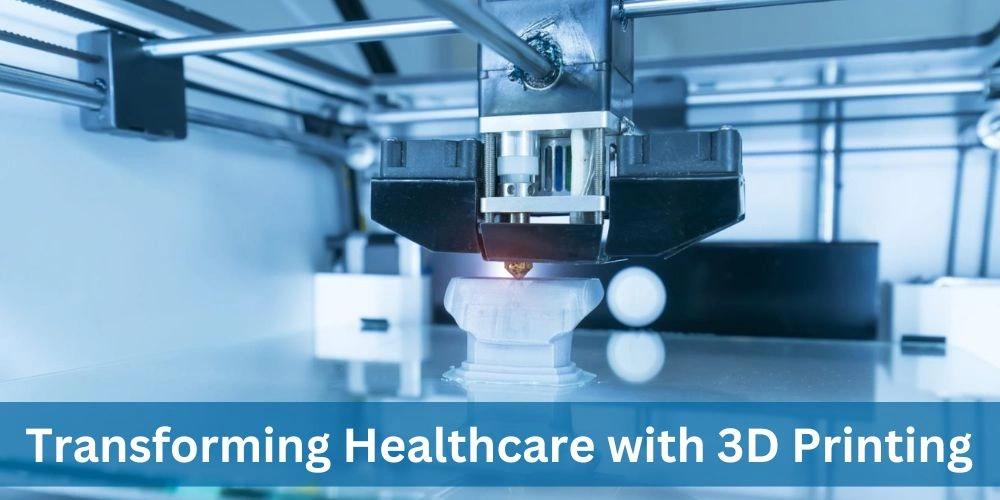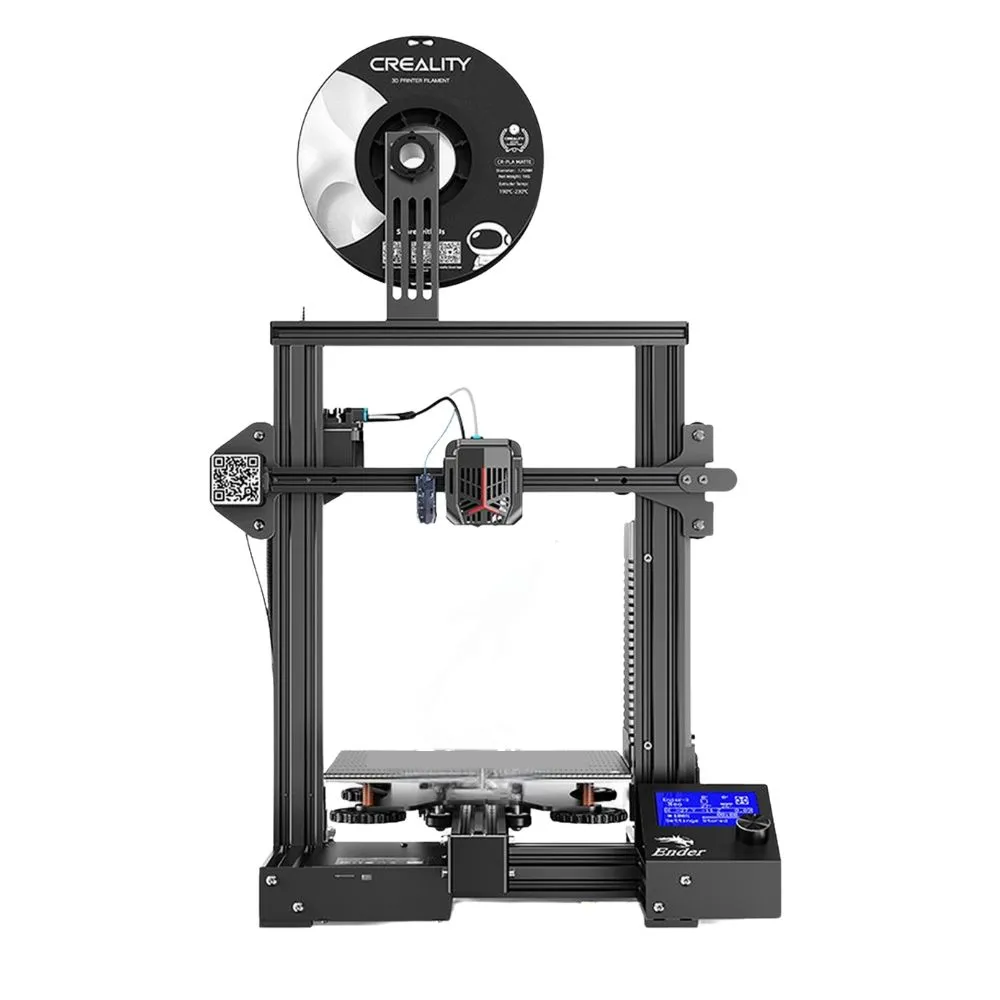The healthcare industry is undergoing a remarkable transformation, thanks to the revolutionary advancements in 3D printing technology. Instead of using regular molds, doctors can now use 3D printers to make special parts for people, like fake arms and legs that move (prosthetics). This is making a big difference in people's lives. Scientists are also looking into using 3D printing to one day make replacement organs for people who need them.
Imagine a world where customized medical implants, prosthetics, and even human tissues can be created with precision and speed. This is the promise of 3D printing in healthcare. This article will explore how this technology is revolutionizing the healthcare industry and changing lives for the better.
How 3D printing is changing Healthcare?
Personalized Prosthetics: One of the most significant advancements in 3D printing is the ability to create personalized prosthetic limbs. Traditional prosthetics are often expensive and may not fit perfectly, leading to discomfort. With 3D printing, prosthetics can be customized to fit the individual perfectly, improving comfort and functionality.
Medical Models: Surgeons can now use 3D-printed models of a patients anatomy to plan complex surgeries. These models provide a detailed and accurate representation of the patients anatomy, allowing surgeons to practice and refine their techniques before the actual surgery, leading to better outcomes.
Organ Printing: Perhaps the most groundbreaking application of 3D printing in healthcare is the ability to print organs. While this technology is still in its early stages, researchers have successfully printed tissues and small organs such as kidneys and livers. This has the potential to revolutionize organ transplantation, reducing the wait times for patients in need of a transplant.
Dental Applications: 3D printing is also making waves in the field of dentistry. Dentists can now create custom-made dental implants, crowns, and bridges with 3D printing technology, improving the accuracy and fit of these devices.
Why It Matters
Endless Opportunities: The technology is opening doors to customizable healthcare solutions, making treatments and recovery processes faster and more efficient.
Personalized Treatment: Each patient can receive care that's specifically designed for their body and health needs.
3D printing is making waves in the medical field, offering innovative solutions and bringing a new era of personalized healthcare.
The Reality of 3D Printing in Healthcare
The application of 3D printing technology within the healthcare industry has garnered significant interest due to its potential to revolutionize medical care. However, it's crucial to maintain a balanced perspective on its current capabilities.
While 3D printing offers exciting possibilities for creating personalized medical devices and prosthetics, there are ongoing challenges that require further development.
Here's a closer look at the current state of 3D printing in healthcare:
Benefits and Current Applications:
Customization: 3D printing excels at creating patient-specific solutions. Medical scans can be used to design and print prosthetics that perfectly fit a patients unique anatomy, leading to improved comfort, functionality, and faster recovery times.
Rapid Prototyping: 3D printing allows for the rapid creation of prototypes for medical devices and surgical tools, facilitating faster development cycles and improved design iteration.
Anatomical Models: 3D printed models of bones, organs, and other anatomical structures can be invaluable for surgeons in pre-surgical planning, leading to potentially improved surgical outcomes.
The impact of 3D printing on the healthcare industry cannot be overstated. From personalized prosthetics to organ printing, this technology is revolutionizing the way healthcare is delivered. As 3D printing continues to advance, we can expect even more groundbreaking innovations in the field of healthcare.
FAQs:
Q: How accurate are 3D-printed medical models?
A: 3D-printed medical models are highly accurate and provide surgeons with a realistic representation of the patients anatomy.
Q: Is 3D printing safe for medical applications?
A: Yes, 3D printing is considered safe for medical applications when used appropriately and with the right materials.


